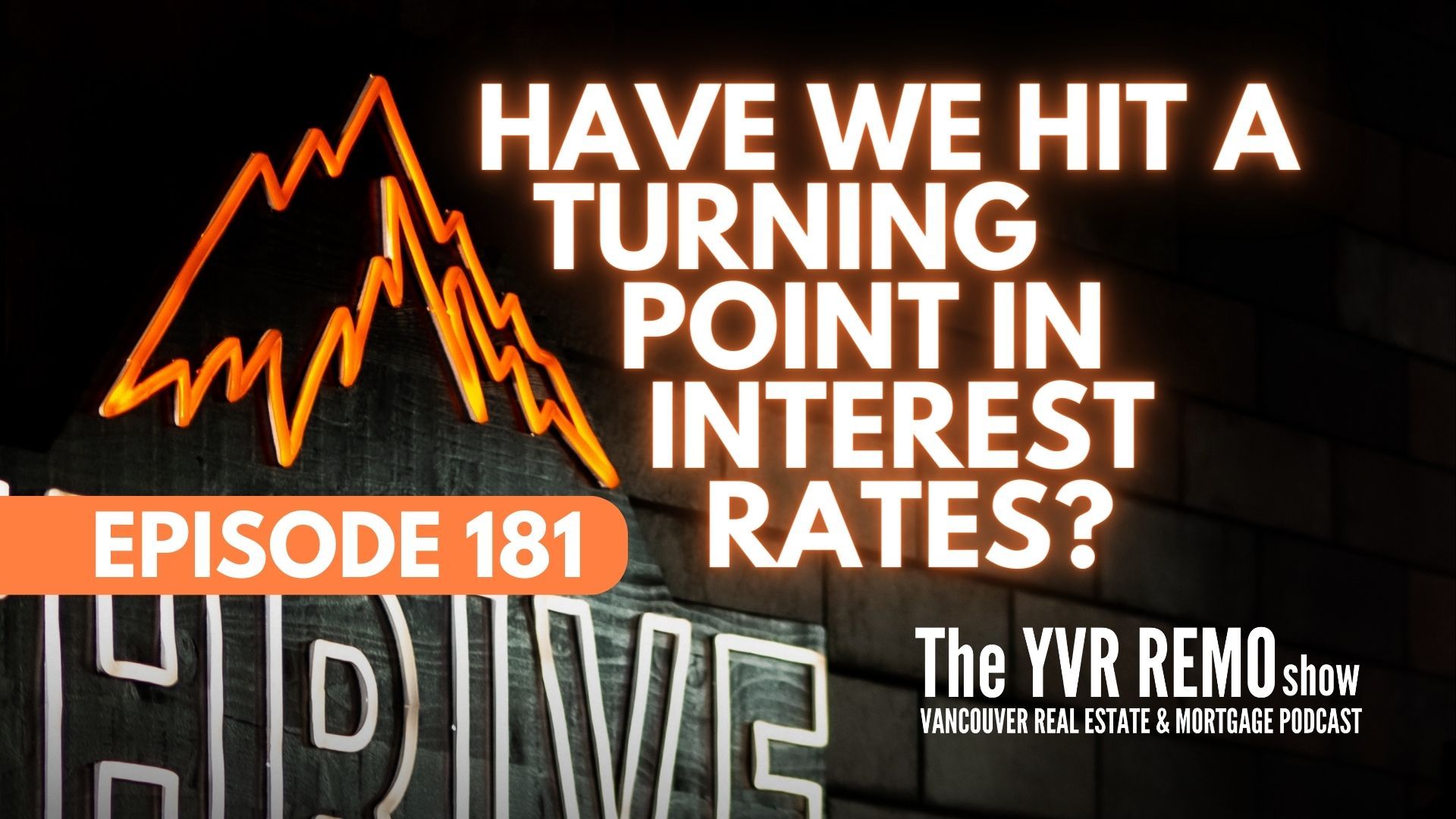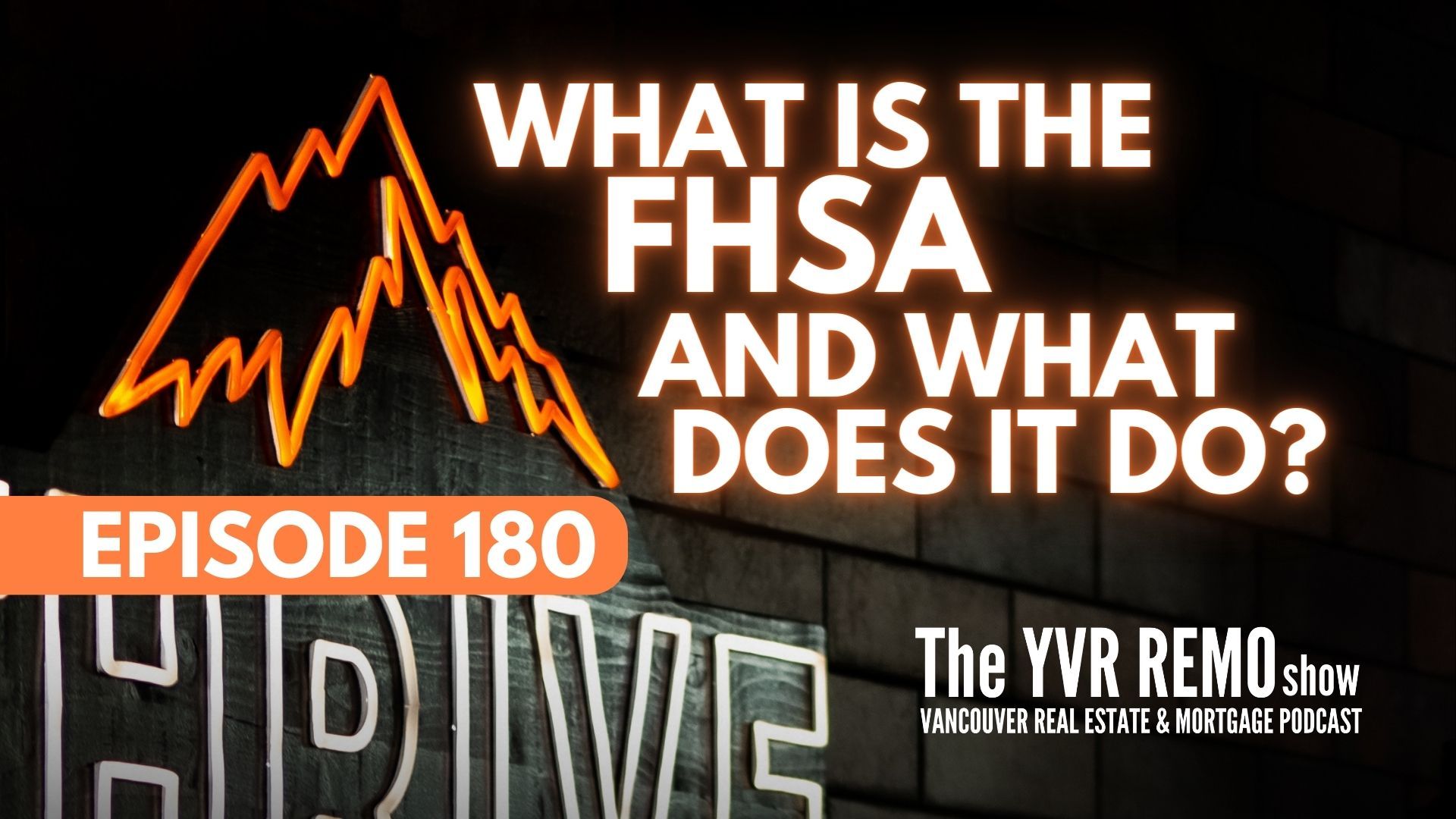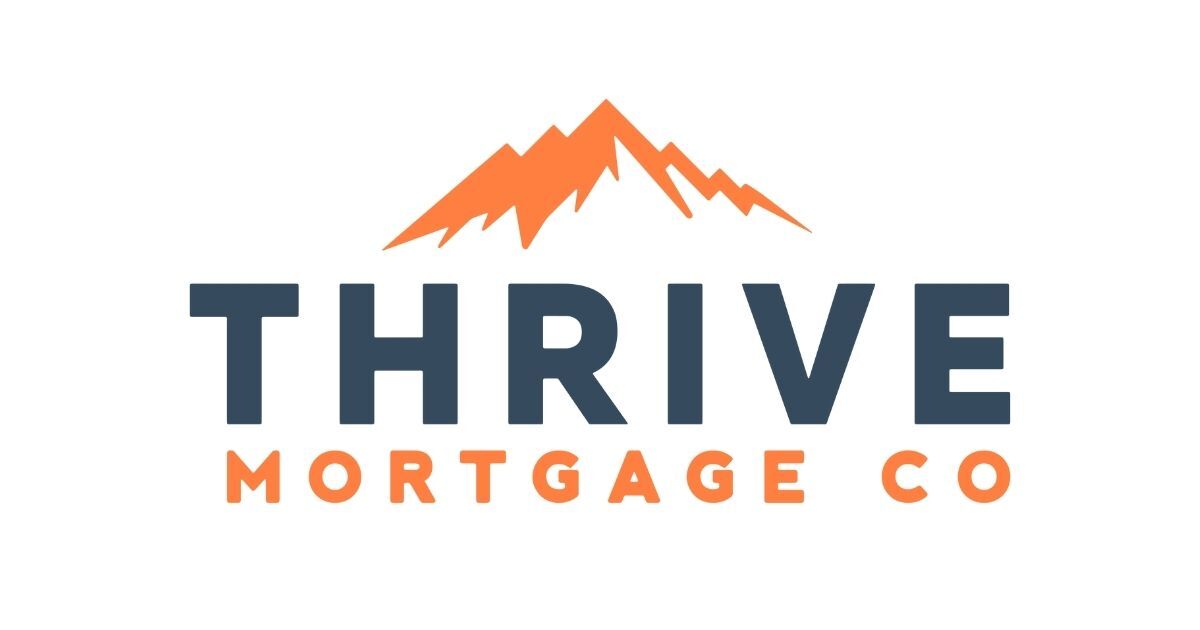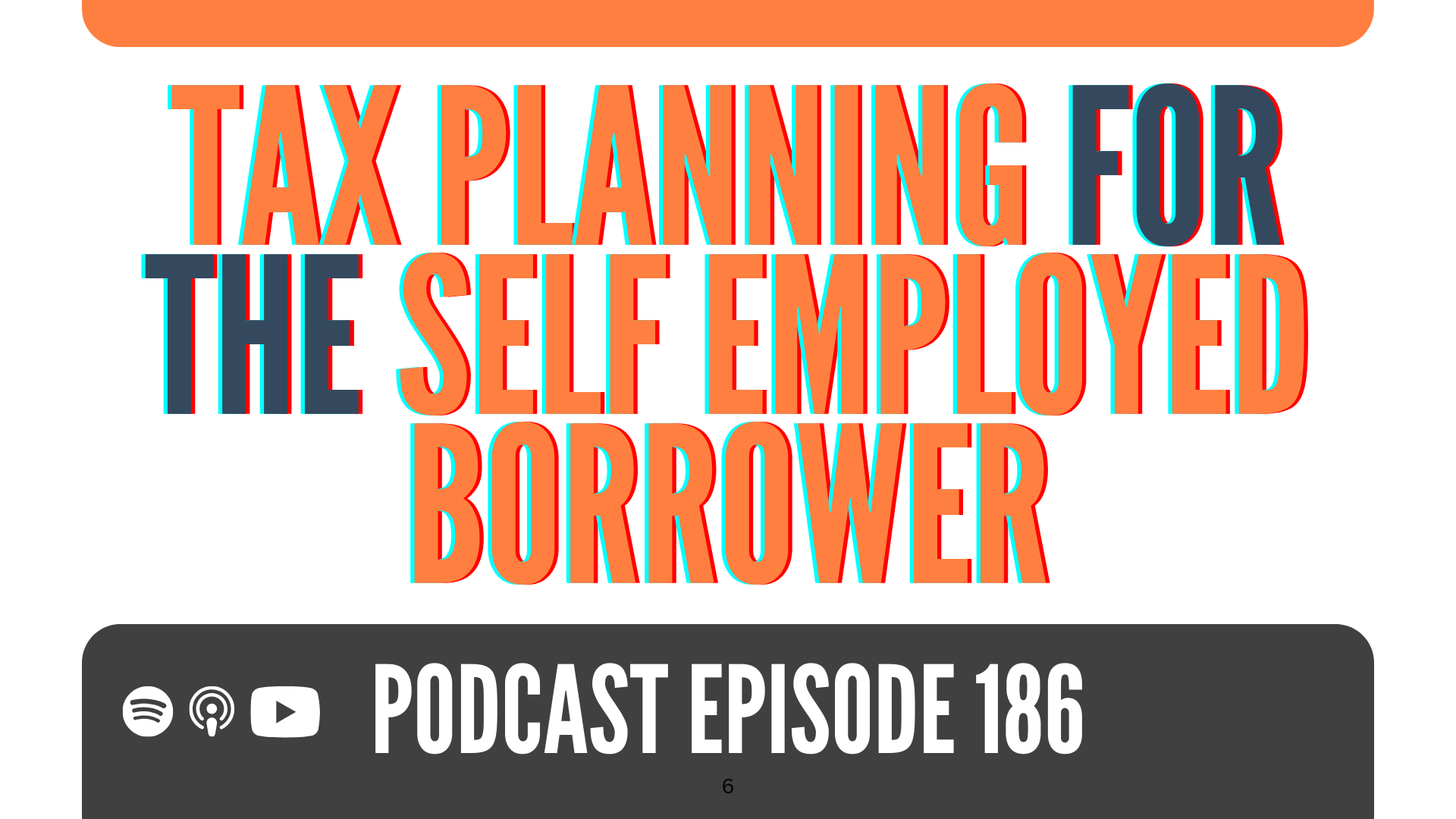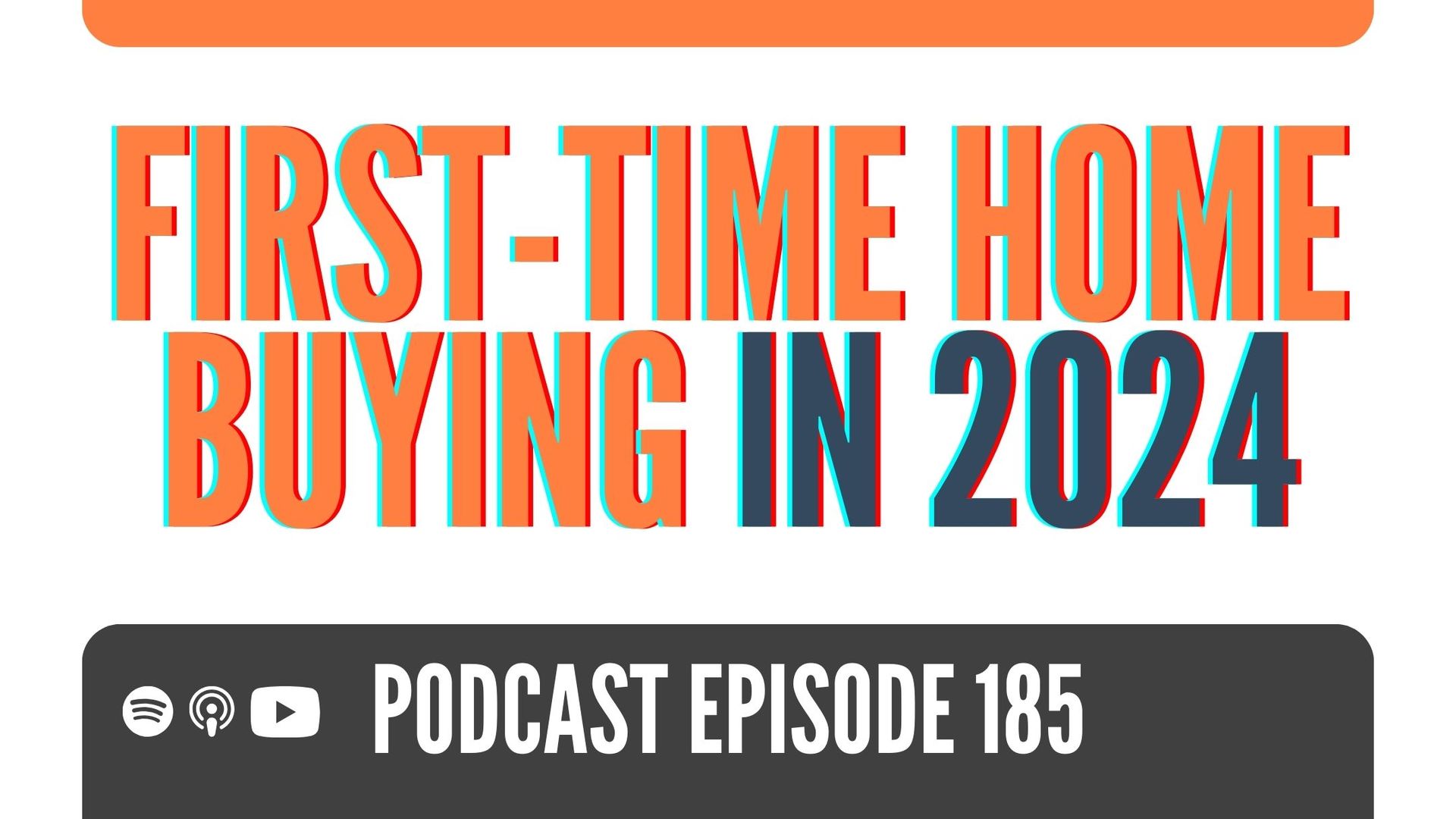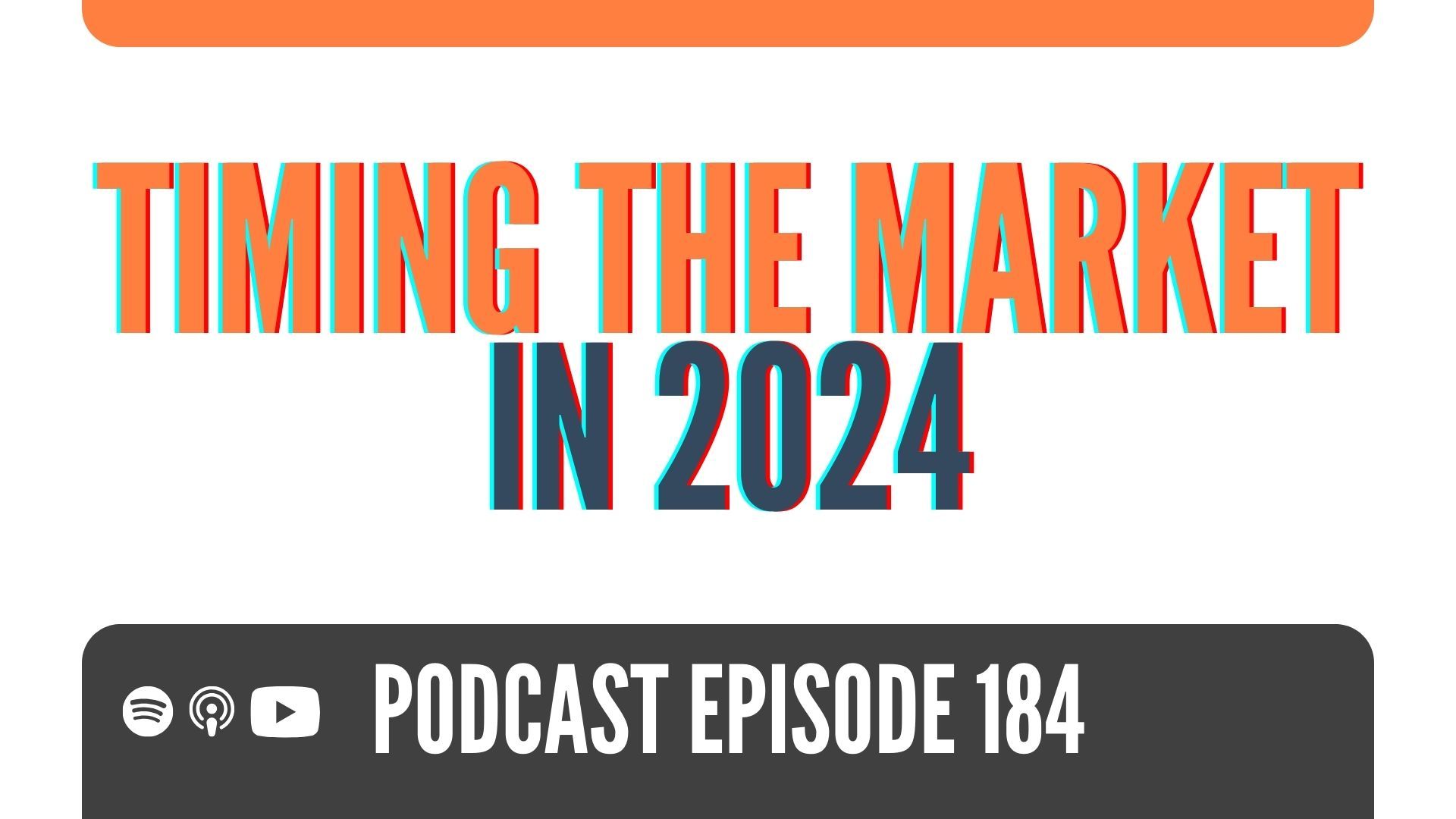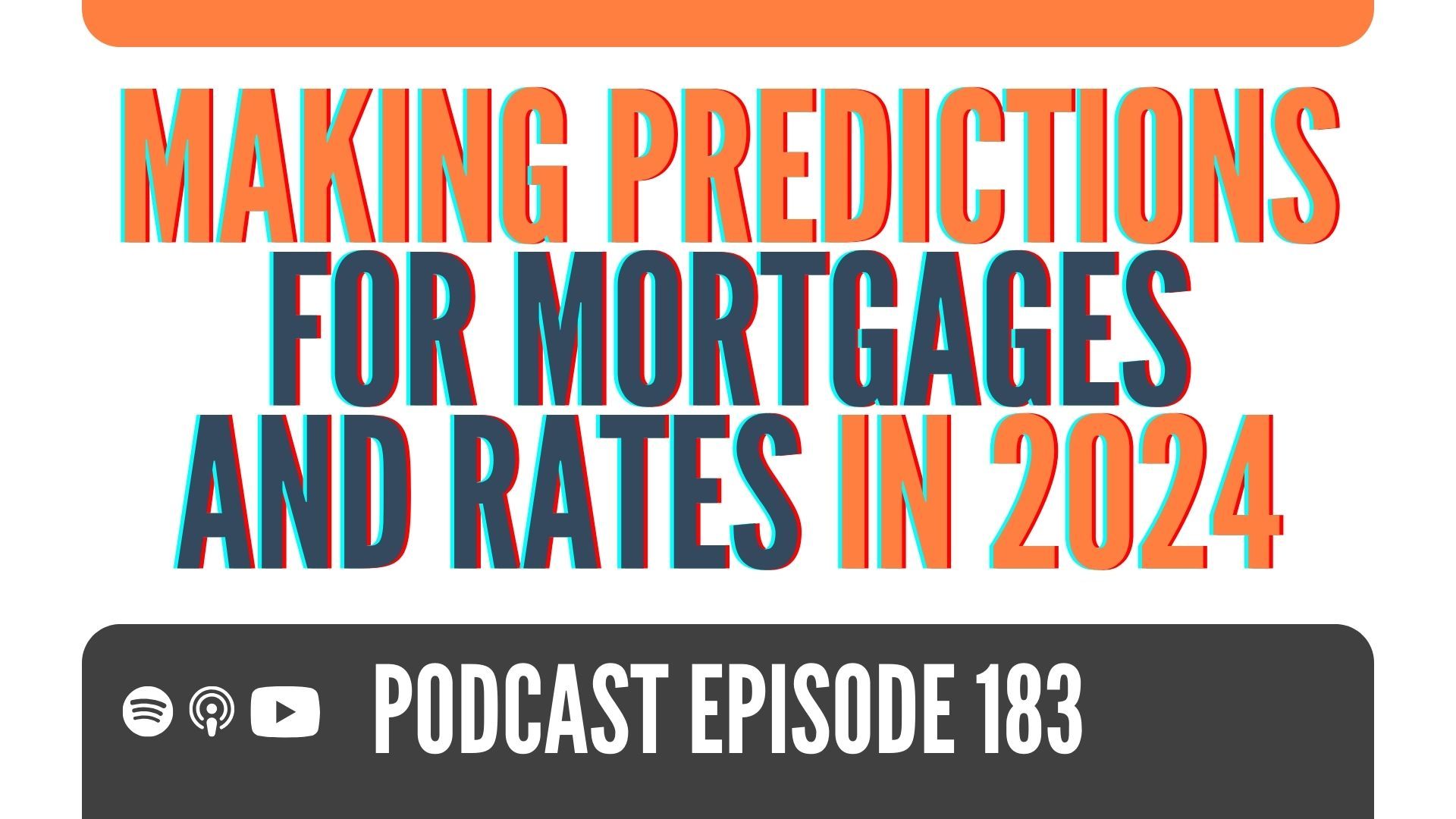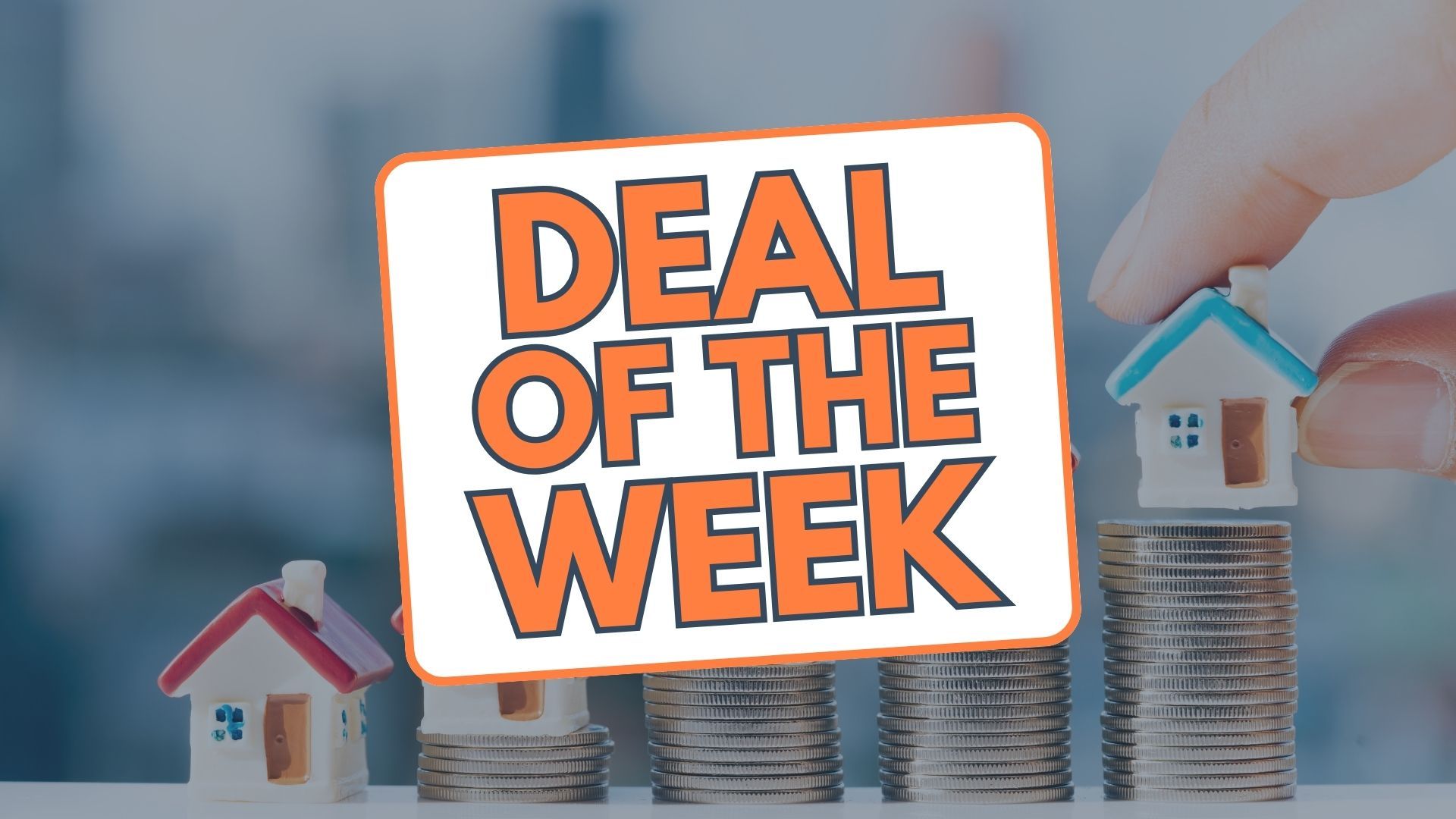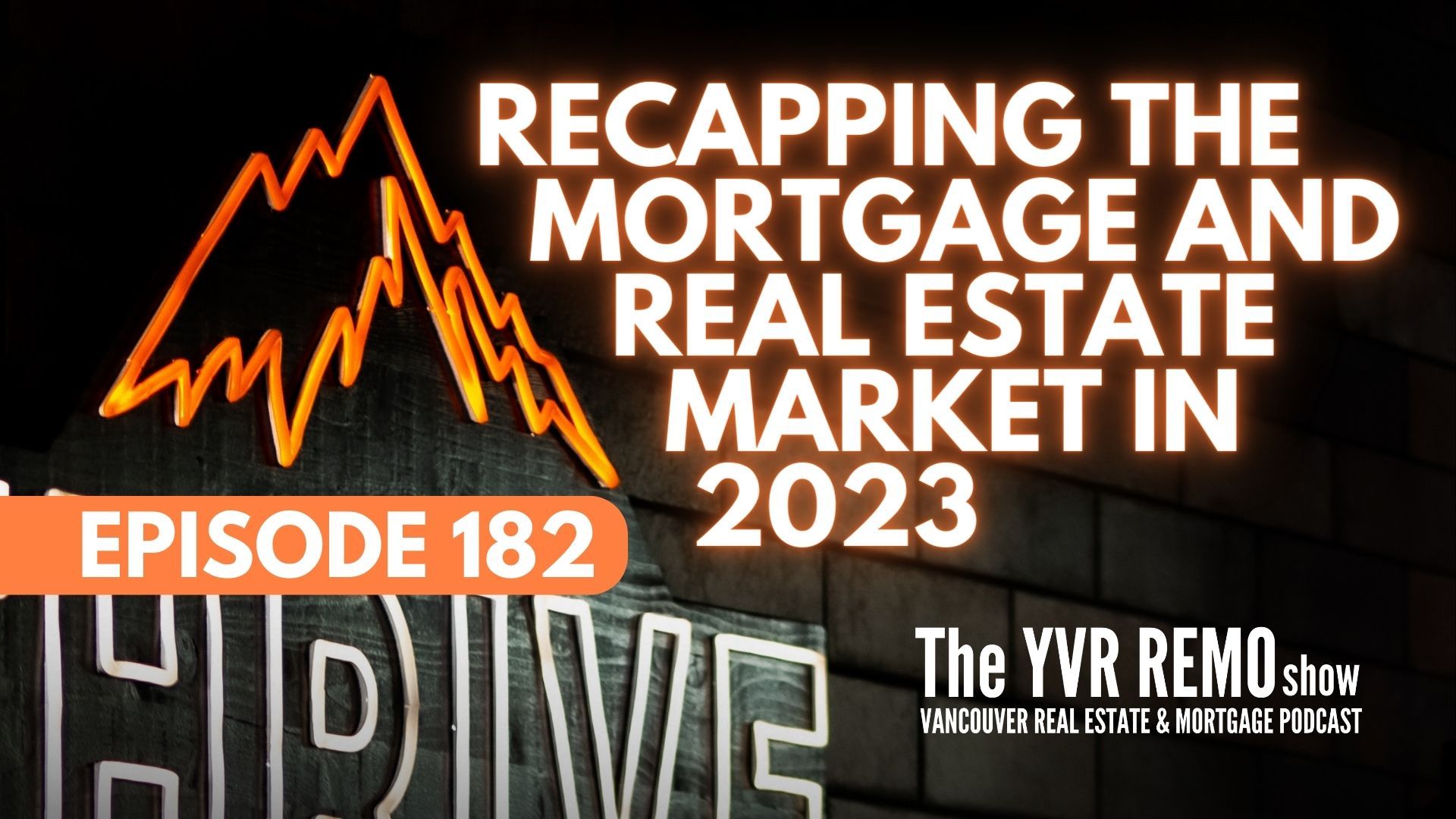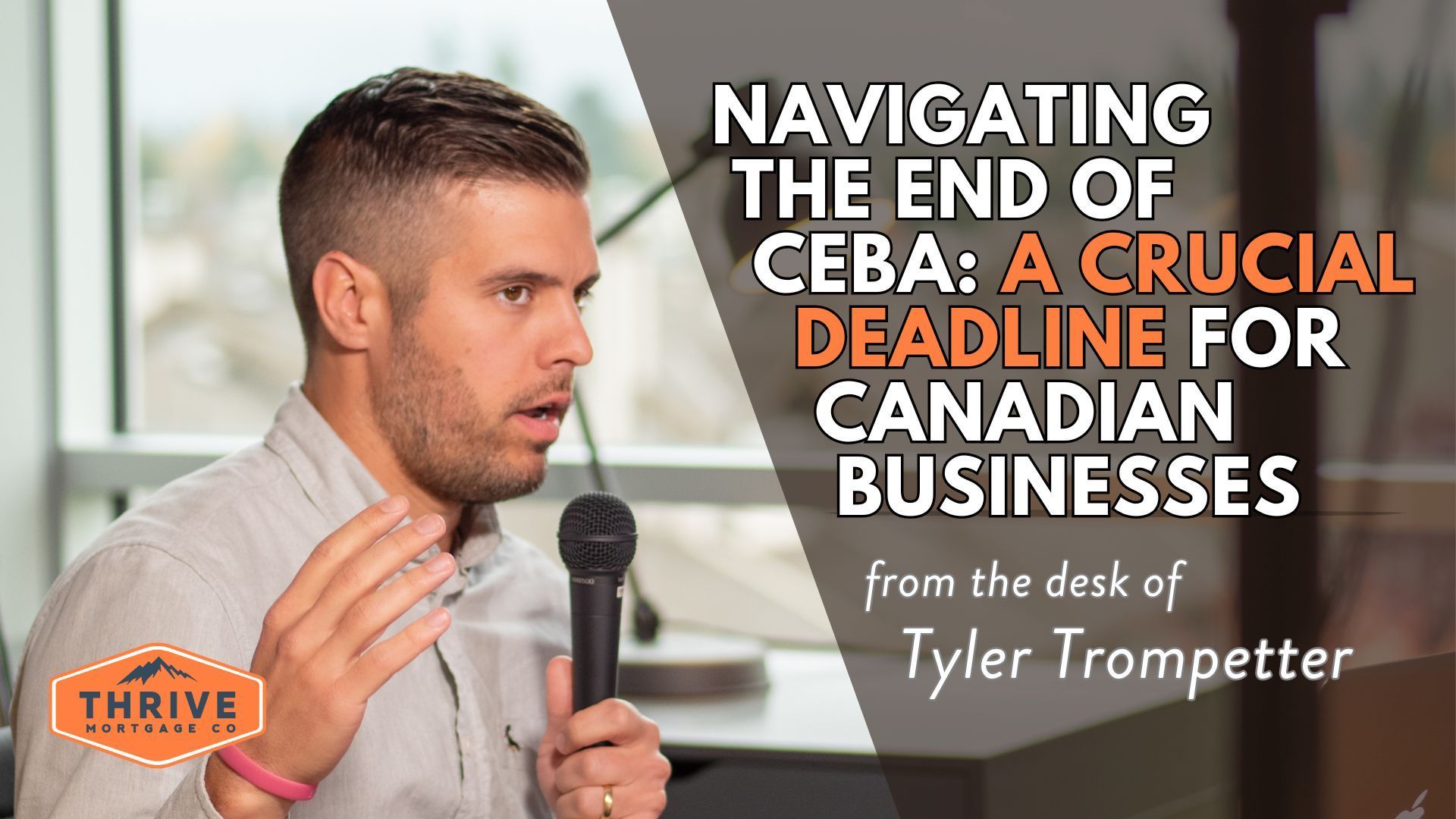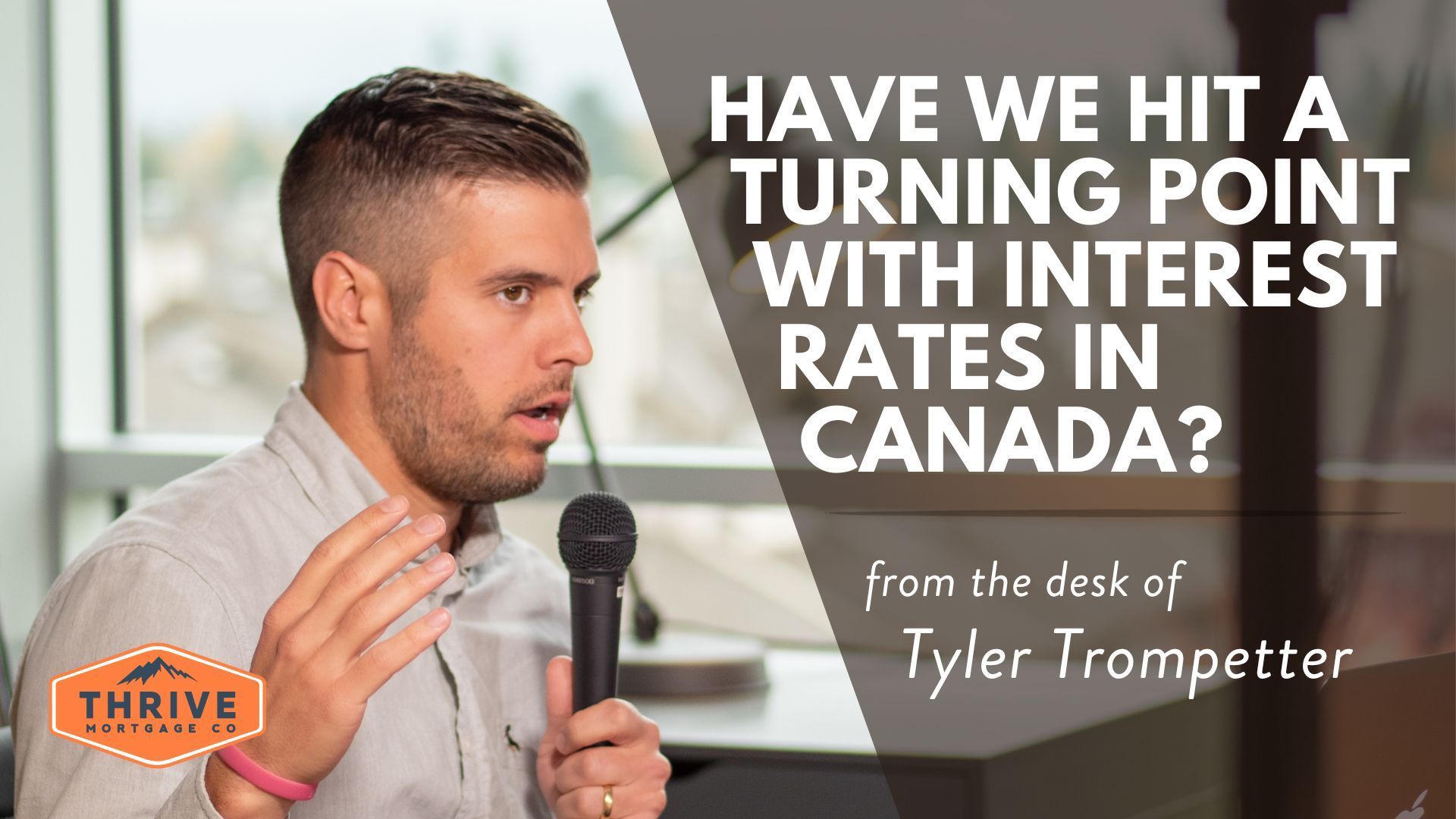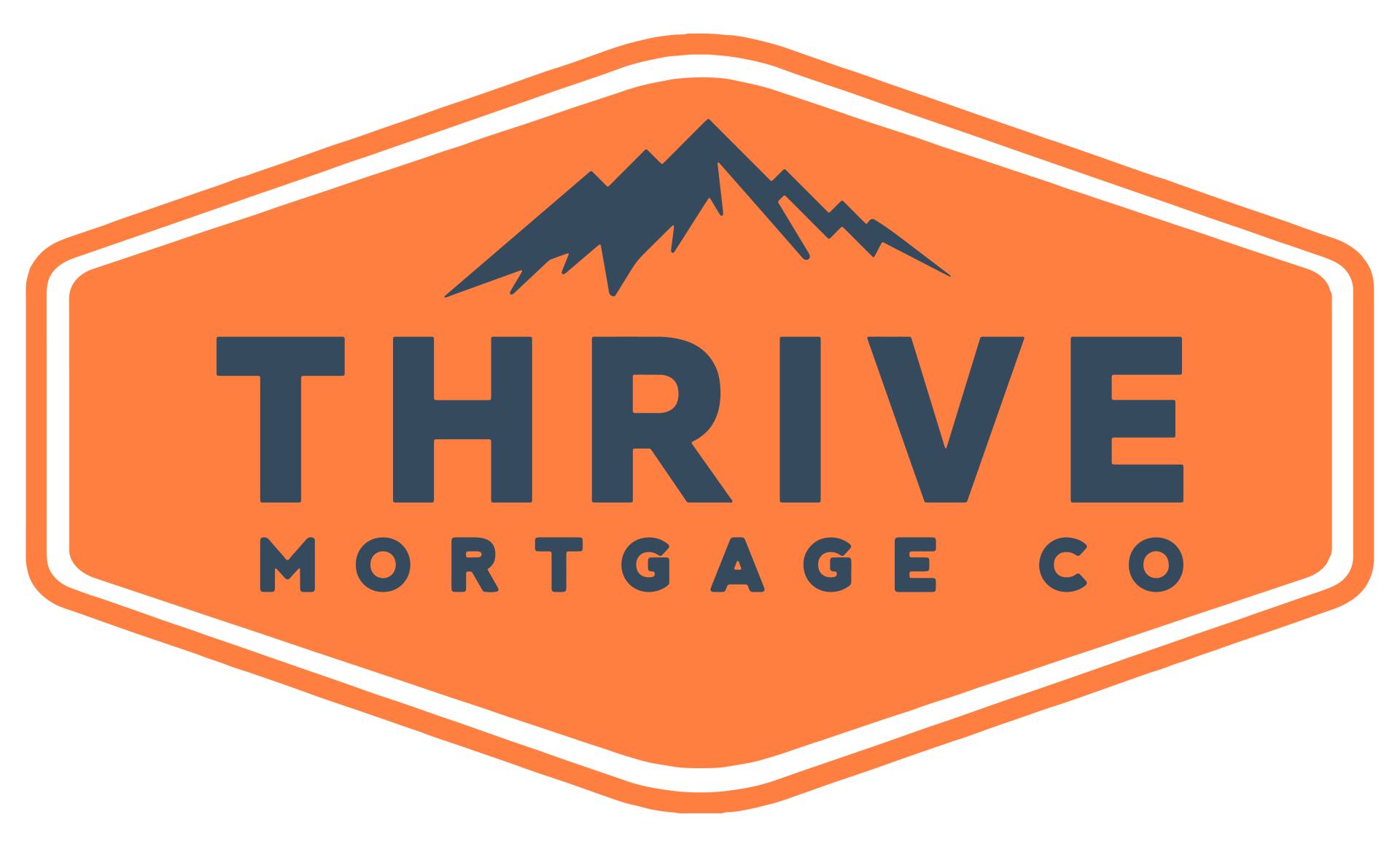The YVR Real Estate & Mortgage Show Episode 54 - Rising Rates & Long-Term Planning For Success
Let's Plan For Long-Term Success!
Today's show we're here to help you understand what is happening in the mortgage & real estate marketplace and offer long-term planning of what you need to consider when the market shifts like it has right now.
Where is the confusion in the market?
All of a sudden, we're seeing fixed rates start to go up when the message has been that rates are going to remain extremely low and not go up over the next two to three years.
Why of all sudden are these rates going up?
In the last week, we saw a message come out from Sherry Cooper, letting us know about the government bond yields rising 27 basis points. A day or two later, we hit 1% on the bond yield chart. We are talking first and foremost about a lever, which will impact fixed rate mortgages, and not variable rates. The bond yield is one of the key indicators of where fixed rates lie at a certain given time. With this type of an increase in a short amount of time, there was undoubtedly going to be a surge in the banks looking to increase what they call their spread, which is the difference between the cost and what you're paying for your mortgage interest rates.
Is the BOND rate affecting FIXED rates?
The bond rate reached a level above 1%. That was pre-COVID. Fixed rates were at around 2.89% to 3.1%. The fixed rate market is essentially being dictated by the bond rate. It's not going to get up to where it was pre-COVID but it just tells us we do have upward pressure coming. We're already starting to see that. We're in a low interest rate environment right now, it was only over the first month of the year where we saw rates hit rock bottom. We are still extraordinarily low.
There's so many factors that are still lagging behind such as unemployment. Based on the economic predictions right now, we're still looking at the Bank of Canada keeping its effective interest rate. This rate is what impacts impacts lines of credit and variable rate mortgages at 25 basis points for another two more years. It's important for people keep a level head about the fact that not all interest rates are being impacted, and this doesn't mean that the economy is blowing up right now.
Should I Lock In My Variable Rate?
We're seeing this surge in bond rates but we could easily see it drop back down. It's going to be very gradual, because everything's going to be taken very slowly in this current climate. The big five banks are the ones to lead this charge when it comes to rates going up and it's very minimal. People who are in a variable, and they're thinking, is now the time to lock in because we are at rock bottom? We very much could be at rock bottom. There's no need to urgently react and make decisions short term. There's nothing wrong with riding out a variable rate term.
If you had a short term plan to sell as soon as you hit the bottom, then you're going to lose. It's the same thing if you to ride the wave, you are in a better position, because you had a long term strategy. Long term planning in every capacity makes sense. If you are already converted to the fixed rate mortgage market, it does make sense to of lock in a pre-approval rate hold with us. When you are looking to shop, keep in mind, these are only held for up to 120 days. Typically, it means you have to buy in the next 120 days. It's very important to keep that in mind. This is going to impact the housing market. We're going to see when rates increase quickly or when people think they do. We see a lot of people get off the sidelines and start rushing out to make offers. If we thought things were fast and furious before, there will be an echo in one to three weeks if things continue where we'll see things heat up even more in the next little bit.
Will There Be Another Surge In The Real Estate Market?
With chattering, confusion, and mixed messages out there, it is going to cause another surge. Anyone in the real estate industry is thinking when we hear another surge, how can it get crazier? Making urgent decisions is not what we're encouraging here. We're trying to pull the curtains back and look at the true facts. We're also dealing with new variants of this disease of which I have no understanding at this point. Let's just say things go back into hiding, I don't think we're out of hiding yet but if things go back into hiding again we can see everything we just talked about reverse long-term planning.
More On Variable Rates...
Variable rates are always based on prime and the discount has increased. So what that means is the final rate that you would receive went down by .10% with a big five bank, one of our top lenders. That same lender raised fixed rates by .10%. This makes that variable interest rate option just continue to look better. If you are locked into a variable right now, and it's prime minus 50, or worse, talk to us because you can do better than that in this market right now.
Long Term Planning For Success
So let's talk a little bit about how that fits into long-term planning.
If you're if you're sitting on the fence, and you have a pre-approval locking in, that definitely goes in line with long-term planning. When you're putting in for a rate hold, you're not getting today's best rates. The banks aren't going to give you the best fixed rate today and so I just want to make that really clear, because a lot of people think fixed rates are 1.84%. The bank typically gives you a little bit of a higher rate when it comes to rate holds.
Going back to the center of COVID people are getting loose with their money right now. They're spending money on housing and all sorts of things for their houses, which is great, because typically that means they're increasing their property values over time. They're also spending a lot of money and we're seeing a lot of people paying more than they need to in this low interest rate environment.
Do a breakdown of all your expenses
Look at your credit cards, your lines of credit, your car loans, and all these other considerations when interest rates are low. They're not going to last like that forever. Look at your consolidation strategies. The interest savings are astronomical. I sometimes people that say "I don't want to refinance. I don't want to put my credit card or these types of debts in my mortgage." At the same time they're willing to spend 19-20% on their their credit card interest. That means you're just giving more money to Visa and MasterCard. They do not need any of your money.
Consolidate your expenses
Consolidate your debt into a lower cost mortgage. Increase your payment so you're paying off more faster. We do that with a lot of people. The best rates for a car loan are typically 4.99%. If your rate on your car loan is anything higher than your mortgage, you should absolutely consider rolling that car loan in and then to your point, just increasing your payments to make it meet the same timeline of paying it off. In fact, you'll actually pay it off quicker if you we actually look at those numbers, and you just increase your payment accordingly. The other thing that's crazy about car loans is it really impacts your qualification. If you are looking at long-term planning, you are looking to buy another rental home or your first rental home, vacation home, or upsize your home, a $700 payment on a $30,000 loan is going to significantly impact your ability to qualify for more. If we can restructure things now, that is the best thing you can do for long-term planning.
Start considering a nest egg
What if instead of increasing your mortgage payment, because you're paying less, what if you start putting that money aside into some form of investment. Let's say for a second, you're not interested in investing in real estate. Why not start investing in some mortgage investment corporations or start investing into anything else. You have to think about your opportunity cost if it's going to cost you 20% and you've reduced that cost down to 2%. You can take that cash money and you can earn 8-15%. That should be working towards your future nest egg. Do not forget about that nest egg because that is key. You're going to be hit retirement age before you know it. If you don't have this conversation now, it could be a really crappy conversation when you're 65. Now, this is a time of year to actually have those conversations with your financial planner with the tax season coming around. This is the time to do it with RSPs and everything else. If you're looking for somebody, reach out, we'll be happy to help.
Revise your budget and cash flow
What's in and what's out? A big example is streaming services.
Some of us may have multiple subscriptions that may add up such as: Netflix, Spotify, Disney+, and more.
You have 15 different things that you're subscribing to on a monthly basis not to include skip the dishes you're doing every single night because you're working late. Look at your cash flow. During COVID this was a bigger conversation because people weren't working but your budget can balloon right back up quickly if you're not paying attention to your numbers.
This is the time to look long-term. We have great tools that we can share like budgeting spreadsheets and just really effective tools that can help you. If you'd like that, we'd happily share that with anyone. Also, think of your bank account. It is like your own dashboard. Nowadays most banks will offer pretty much free online accounts that are just meant for online banking. You got your main account, which has your all your expenses and your income going into, think about setting up some other accounts for certain things like taxes and vacations. Just general savings. Revise your budget and recalibrate your mindset when it comes to budgeting.
If you're a first time buyer trying to figure out should I buy into the condo that I don't want to be in for the next five years or if you're that person who's wondering how to buy that first or second investment, how do you figure that out? There's a few key points that we're going to talk about on that vision. Number one, let's just talk about it right now you're getting into the mortgage space. We saw fixed rates going up, it's going to get a lot of people to question their decision to think about going variable. I had a bunch of my clients who are already approved, calling me back over the last week asking "should we actually go fixed right now? Should we lock in today? Like, what do we do here? I always say the same thing, let's go back to why you went with that variable rate mortgage. There's one factor that seems to be the same for most people, it's something we call flexibility.
Bank Penalties
Your bank penalties are so massive, that this can impact your ability to do other things. Depending on the lender you're with, we're looking at historical low fixed interest rates. We could be looking at historical size penalties in the next two to three years when rates do come back up to normal levels. We're looking at penalties, and there's no forgiveness. It doesn't matter what the situation is a bank almost never forgives a penalty. We're starting to see the first time buyers start to get squeezed out too.
You're living in this property and you're paying off a loan, this is forced savings for you, part of this is going to principal, you're building equity, you now own this real estate. If it goes up in value, you're also gaining money on the equity of the home. Just because you buy this home today, you don't need to live in it for five or 10 years, you could buy it and move into it for a year.
Put your money in the market.
Have more questions? Get ahold of us!
We're on Instagram!
instagram.com/thrivemortgageco
instaggram.com/theyvrremoshow
Check us out on Facebook!
How to Reach US! 📲
Call 604.398.5575 or Email us!
More Questions or READY to get started!?
Just Ask US > Click Here to set up a call or EMAIL us
